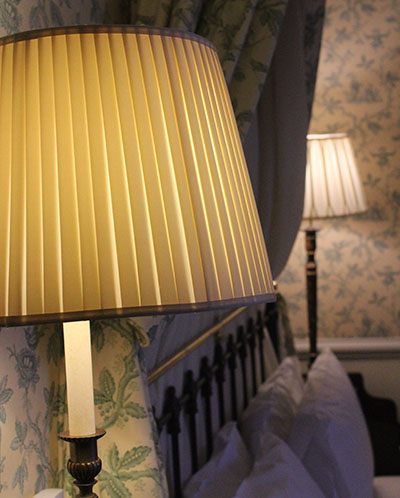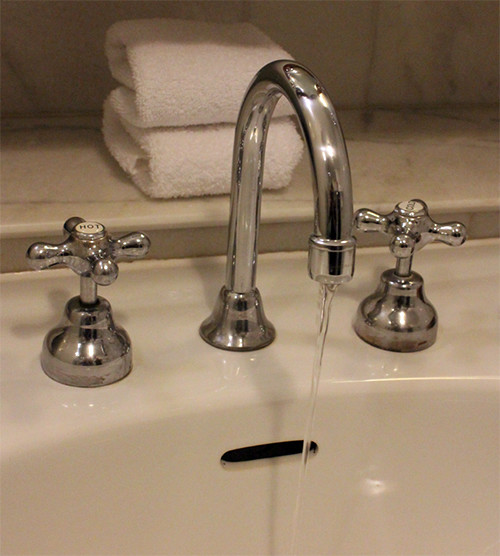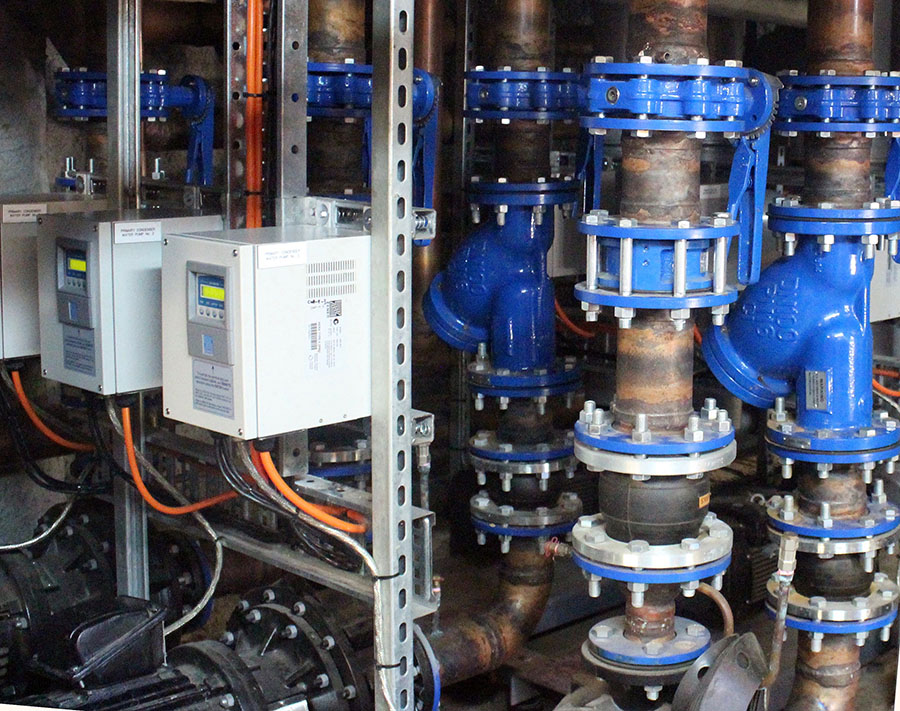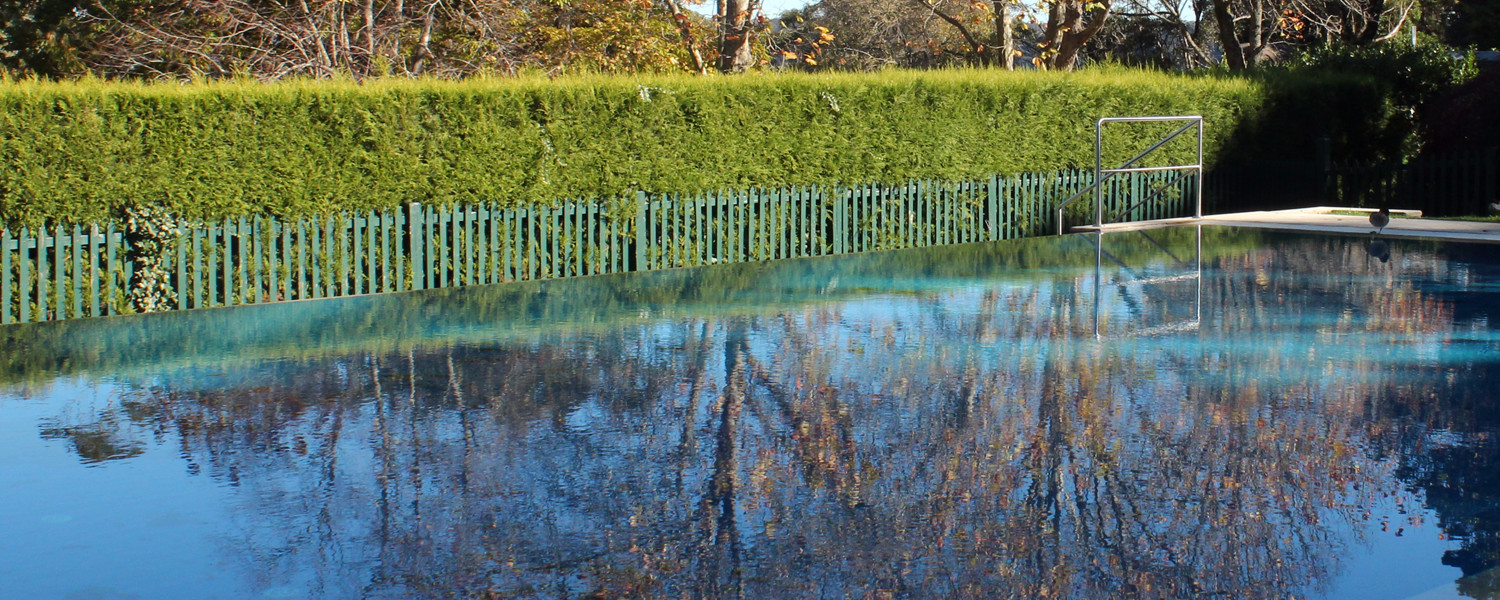Lillianfels impressive efforts to reduce energy use include lighting upgrades, changes to cooling and heating controls, and the implementation of a sophisticated energy recovery system. These measures have contributed to a 25% decline in electricity use per customer since 2010. The carbon savings from this drop in energy use equate to over 500 tonnes of carbon dioxide equivalent per year – a 20% saving compared to what emissions would otherwise have been.

About Lillianfels
Lillianfels Blue Mountains Resort and Spa, part of the larger Escarpment group, is situated on the grounds of the historic homestead and summer residence of Sir Frederick Darley, Chief Justice of NSW.
The 5-star facility includes 85 rooms, Darley’s Restaurant, two pools, a spa, and two acres of gardens.
Concerted efforts to reduce energy use
Lillianfels has made improved energy efficient a key driver in investment decisions, with significant upgrades to lighting and temperature controls across the site.
“We’ve managed to drastically improve Lillianfels’ energy efficiency whilst maintaining the luxury standards and heritage experience our guests expect”, says Peter Redman, Chief Engineer at The Escarpment Group.
Measures to reduce energy use include:
- Installing LED lights in all guest rooms
- Implementing sensors and software to control guest room air conditioner systems. These are set to turn on only when a room is occupied.
- Upgrading chillers - for cooling system of the hotel - to the most efficient magnetic bearing chillers available
- Including primary and secondary pumping and electronic controls for the chillers, to only pump what is required
- Using of heavy drapes in guestrooms to insulate against heat and cold
Lillianfels have also incorporated sophisticated heat recovery systems.
“We use excess heat from our chillers for primary heating of our indoor pools”, says Peter. “And in winter, keep the spa area cool by pumping cold water form the outdoor pool”.
Altogether, these measures have resulted in a 25% decline in electricity use per customer since 2010.
 A number of water saving initiatives have also been employed.
A number of water saving initiatives have also been employed.
Shower and basin water flow devices have been incorporated into the guest room’s tap ware to limit showers to 9 litres per minute, and basins to 6 litres per minute.
“Combined with high efficiency shower head from Methvern”, says Peter, “We do not compromise a 5-star shower experience”.
Further improvements
Since joining the Low Carbon living program, Lillianfels have taken further measures to reduce the emissions intensity of their service delivery
These include trialling different operating settings on their energy capture system, obtaining a NABERS ratings for energy and water and exploring a centralised composting facility to handle food waste from across The Escarpment Group’s four properties.

When occupancy rates are factored in, Lilianfels showed a decrease in greenhouse gas emissions from 114 kg of carbon dioxide equivalent (CO2-e) per room-night in the previous assessment period to 101 kg CO2-e per room-night in this assessment period. This amounts to a decrease of 11% per guest.
The Low Carbon Living project has identified ways that Lilianfels can further improve their carbon efficiency, including:
- The use of solar photovoltaic panels
- Using the available roof space to capture water for use in gardens
- Use of heavy mulching to reduce water use in gardens
- Composting of food waste from the kitchen and restaurant

